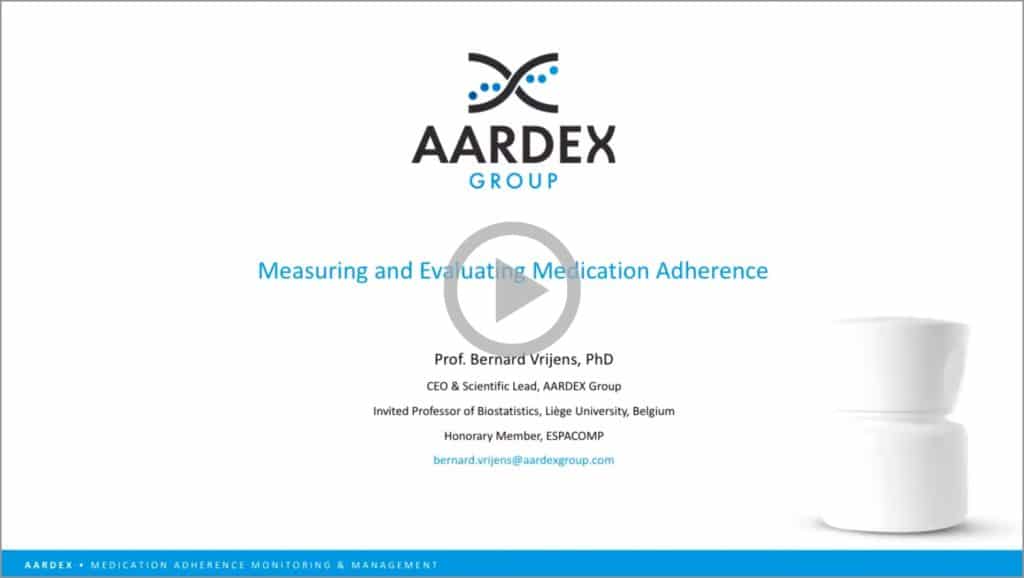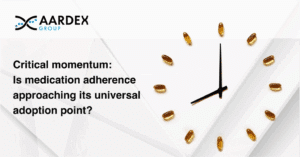The U.S. Food and Drug Administration and the Robert J. Margolis, MD, Center for Health Policy at Duke University held a public meeting on December 10, 2019, at the Washington Marriott at Metro Center to explore the state of science of clinical research focused on medication adherence to FDA-regulated drugs.
Medication adherence—the extent to which patients take medications as prescribed in agreement with their health care provider—is an ongoing public health priority, given that improved adherence can lead to better clinical outcomes.
The public meeting explored interventions intended to track and/or foster improved medication adherence, which can lead to improved patient health. The meeting will also examine approaches to measure medication adherence, as well as discuss study designs to evaluate the effectiveness of FDA-regulated products that aim to monitor and/or improve adherence, with or without an association to clinical outcomes



